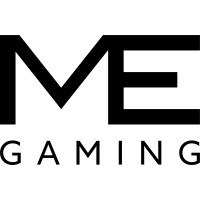
Augustine Casino
Augustine Casino was the first modern day business enterprise of the Augustine Band of Cahuilla Indians when it opened July 18, 2002. A true locals’ treasure known for friendly and prompt service, Augustine features 750 of the loosest and most popular slot machines. The award-winning Café 54 and Menyikish Grill offer a casual dining experience with great food and amazing value. We are the second largest employer in the City of Coachella. Over 20% of our Team Members have been employed with Augustine Casino for 10 years or more.






